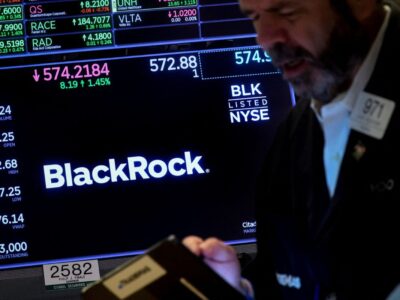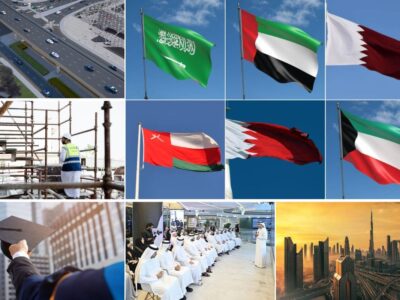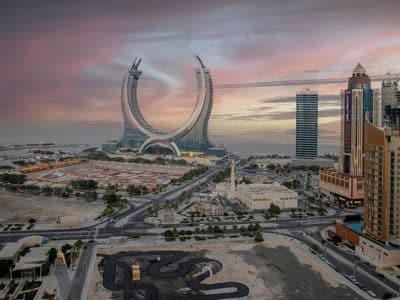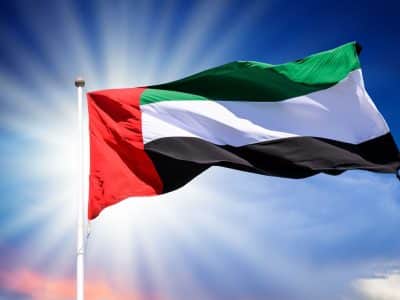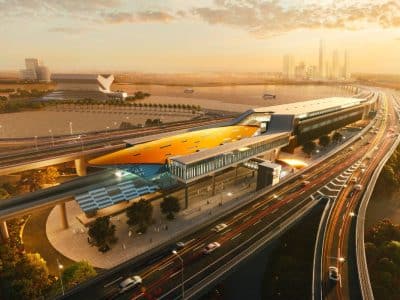Domestic gasoline prices in the UAE may rise slightly when the government switches to a new pricing formula next month but an expected fall in diesel prices should help the economy, a senior energy official told Reuters on Wednesday.
Gasoline and diesel will be deregulated from August 1 and a new pricing policy linked to global levels will be introduced, the energy ministry said in an earlier statement carried by state news agency WAM.
The statement did not give details of the policy, but Matar al-Nyadi, undersecretary of the ministry and chairman of its new Gasoline and Diesel Prices Committee, said of gasoline prices: “There could be a slight increase because they were below the global prices.”
He added, “Gasoline is used in the UAE for personal transport and as there are high salaries in the country already, we are not expecting the slight rise to have a big impact on people’s income.”
Speaking by telephone, he added that diesel was likely to fall, initially at least, and this would be positive.
“The economy in general is more linked with the price of diesel and it is expected that there will be a decrease in the price of diesel, which will reflect positively on the prices of goods and make them more competitive.
“When traders calculate the prices of goods they factor in transport, and so when the cost of transport falls we are hoping the prices of goods will also fall.”
At present, state subsidies keep gasoline and diesel in the Arab world’s second biggest economy at some of the lowest prices in the world. Motorists pay 47 US cents for a litre of gasoline, less than a third of levels in western Europe.
Cutting subsidies and letting fuel prices rise could boost UAE state finances, which have been weakened by a plunge of oil export revenues since 2014 due to the fall in global crude prices.
The International Monetary Fund projects the UAE will post its first fiscal deficit this year since 2009; it estimates the country spends $7 billion annually on petroleum subsidies.
